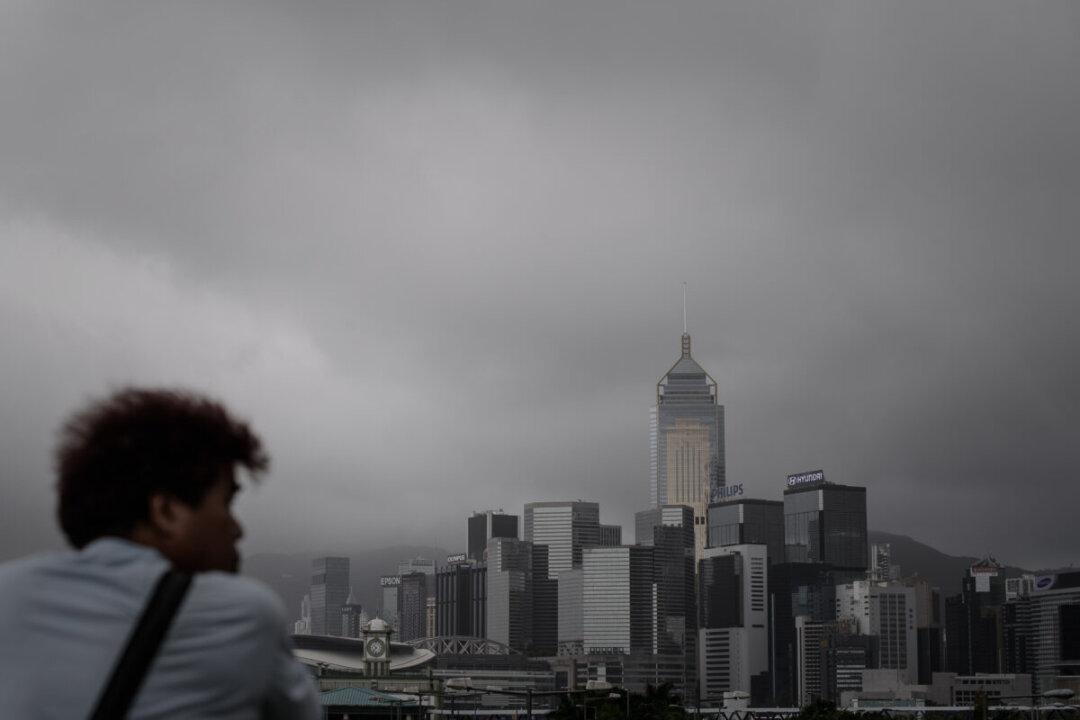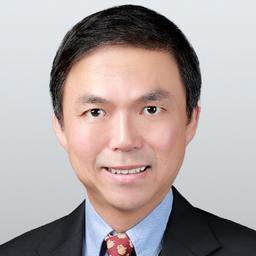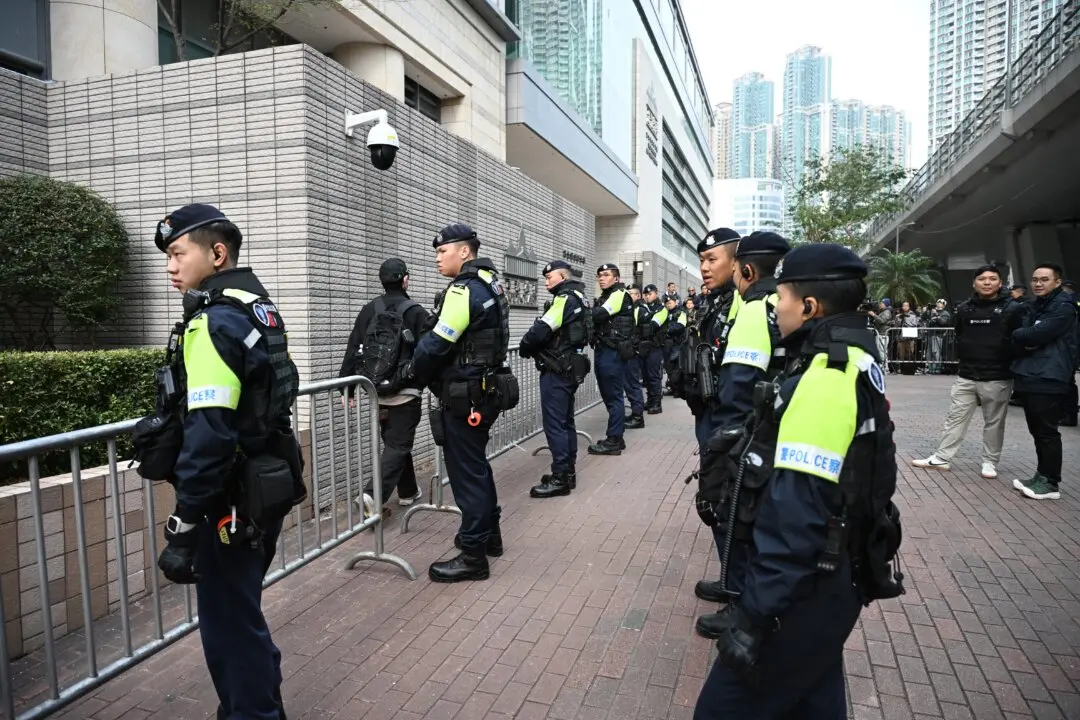Commentary
It took less than three years since the enactment of the National Security Law (NSL) in Hong Kong, for the totalitarian regime of Hong Kong and communist China to turn the city into something that is almost unrecognizable. The once cosmopolitan city is now completely different—the dynamic vibes are there no more. Xia Baolong, director of the Hong Kong and Macau Affairs Office, visited Hong Kong in April and made a few sound bites that charmed no one. Xia borrowed the “old adage” from paramount leader Deng Xiaoping and addressed it to the already suppressed Hongkongers: horses will still run, stocks will still sizzle, dancers will still dance but demonstrations or parades are not the only way to express your rights.”





